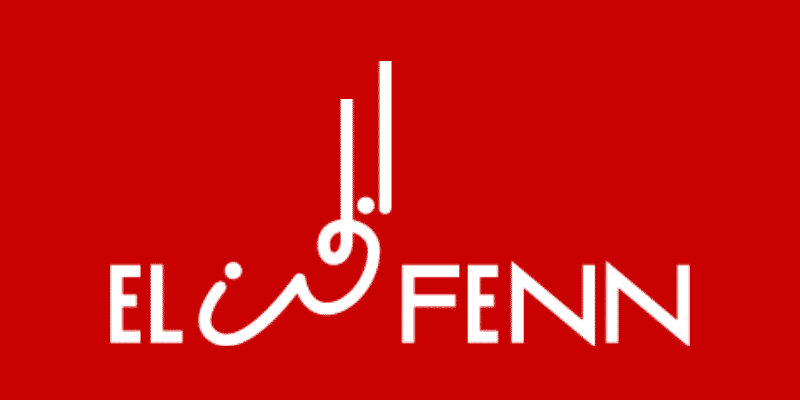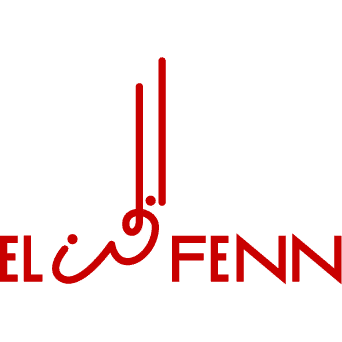Food of the future in Marrakech
Growing local has long been a mantra for food campaigners – but it’s never meant more than it does right now in Marrakech.
All around the city, a new network of small food producers is growing – mostly organic – produce that the city’s chefs are transforming onto the plate.
The Global Diversity Foundation [GDF] works with 16 food co-operatives in the High Atlas Mountains to fully realise their production and earning potential as they produce everything from honey and goats cheese, to couscous and herbs to sell at markets and wholesale.

The co-ops work from purpose-built production units on land that is either rented or owned by the members. The largest, Amaguar, has 122 members who grow teas and herbs on land watered by the Ouad Ahensal spring. The smallest co-op, Yamna, has 20 members who hand-process couscous, barley, quinoa and bulgur wheat products. They also produce jam and rose water.

All these products are traditionally produced, mostly without chemical inputs. And, coupled with the increasing number of organic fruit and vegetable growers on small plots of land around Marrakech that are bringing fresh produce to market, it’s creating a local organic scene that’s reminiscent of 1970s California.
‘It’s amazing really,’ says GDF founder Gary Martin. ‘Good quality local products move through a value chain from A to Z, growers to local consumers, to create this robust organic network.’
The organic movement draws on a long history of people growing their own food in Morocco. But while ‘beldi’ – or countryside – food was traditionally chemical free, the delicate ecosystem was disrupted in recent decades by the introduction of cheap pesticides – with both large scale farmers, and individual householders, enthusiastically embracing them.
Now however, the new generation of urban and peri-urban private and professional growers is minimising the use of chemicals.

One of them is Jihane Benbahia who founded Fresh & Organic a year ago. The company sells its produce to hotels and restaurants, at neighbourhood markets and a shop in Sidi Ghanem.
Benbahia worked as a physical therapist before making the switch to organic growing. Her husband Yassir farms large properties and she now grows on a two-hectare plot.
‘I think people are finally aware of what they’re eating here,’ says Benbahia. ‘There’s been a big problem with traditional agriculture using a lot of pesticides – especially in what they produce for the local market.
‘When they’re exporting they must respect international standards but there is little control here and so farmers have done whatever they need to do to get a resilient product. They buy the cheapest fertilisers and pesticides, use a lot to maximise growing speed and it produces bad food.
‘It’s a question of education because many people are resistant to paying more for healthy food. But now there is increasing awareness and what made me start growing organically is that I wanted this food for myself – and others too.’

To celebrate the burgeoning food scene, Martin was part of a collective that recently launched Harvest Festival to run events focusing on all things local – including food, wine and culture.
‘Food security will be an increasing issue in the future,’ he says. ‘We learned during Covid and again during the Ukraine invasion that having local production, distribution and consumption creates a vibrant local economy that is protected. It goes against the trend of globalisation which is about growing cheaper and importing.
‘We now have a wonderful community of growers, chefs and consumers that’s driving a diversification of local production and consumption. It’s happening at a small, and we could argue an elite scale at the moment. But ultimately, it will drive bigger demand and democratisation.’
Photography: With thanks to Illyas Nazih


